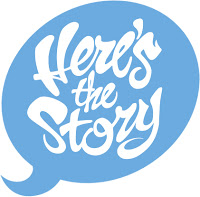Feelancers can get inquiries about new projects at any time from prospective or returning clients. Sometimes projects are in our wheelhouses, other times they may push the envelope of things we’ve done or require skills we’re not sure we have.
In some situations, we may refer the assignment to a colleague. Especially if the project necessitates significant expenditure, say for software or hardware. Assuming the project goes well, that’s good networking. The client is happy, the colleague is happy, we’re happy. We didn’t accept that gig, but we’ve become a resource for the client. In others, we may choose to take on a challenge, perhaps because we want to expand our repertoire. On the other hand, we want to be sure the new task is of the same quality our client has come to expect. We may team with a colleague, if the client is willing.
Doing something new can be exciting and/or stressful. There’s a risk of failure. A learning curve. Being proactive and staying up to date on trends in our fields and thinking once a month, “What other services can I offer?” can help us expand our product line with greater comfort. We may ask colleagues for advice and/or assistance.
There may be times we simply have to say no, because we don’t want to or don’t choose to learn how to do an assignment. We may chicken out so we can remain in our comfort zone. But if we never push ourselves, how can we grow, both professionally and personally?
21 times for a freelancer to say no
Working with other freelancers
What’s your freelance specialty?

